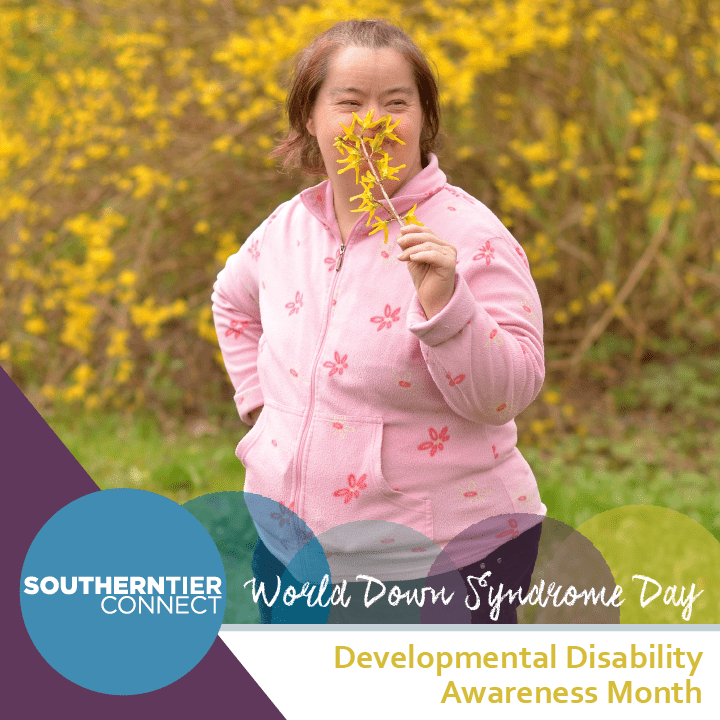
March is Developmental Disabilities Awareness Month and over the next 31 days, we’ll be highlighting various aspects of developmental disabilities, what you can do to advocate for yourself or a friend or family member with I/DD, and how you can promote disability education and awareness. Come back frequently as we will be updating this page throughout the entire month of March.
According to the CDC, “Developmental disabilities occur among all racial, ethnic, and socioeconomic groups. Recent estimates in the United States show that about one in six, or about 17%, of children aged 3 through 17 years have one or more developmental disabilities, such as ADHD, autism spectrum disorder, cerebral palsy, hearing loss, intellectual disability, learning disability, vision impairment, and other developmental delays.” [1]
Early intervention is important for many developmental disabilities – with early intervention a person can learn to manage their life and overcome everyday challenges. Moreover, persons with a disability, and their loved ones, can learn to advocate for disability rights throughout their lifetime. This is why it is important to share stories, advocate, and educate yourself and others about developmental disabilities throughout the month of March and beyond. We’ll be highlighting some of the resources available to all people throughout the month. In the meantime, you can find more information at the National Association of Councils on Developmental Disabilities website [2]. Please share this post and use the hashtags below to join in the conversation!
#DDAM2022 #DDAwareness2022 #DevelopmentalDisabilitiesAwarenessMonth #WorldsImagined #DisabilityAwareness #DisabilityRights #DisabilityAdvocate #DisabilityInclusion #DisabilityRepresentation #Inclusion #InclusionMatters #SeeTheAbleNotTheLabel #AwarenessMonth #SouthernTierConnect
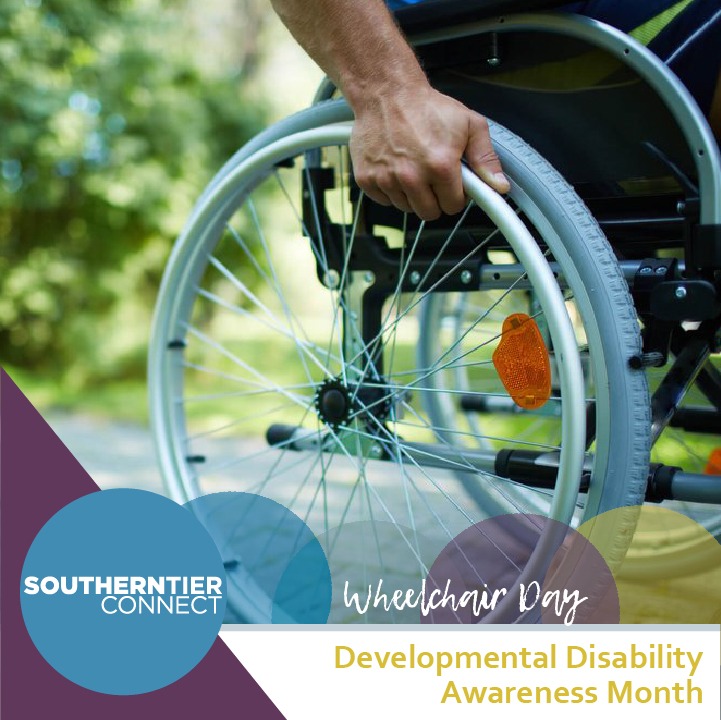
March 1
Today we’re recognizing International Wheelchair Day as part of Developmental Disabilities Awareness Month. This day honors the positive influence wheelchairs have for people with disabilities and the incredible things wheelchairs users accomplish every day. It is a day to raise awareness about the fact that there are millions of people who need wheelchairs but do not have access to one. It’s also an opportunity to give appreciation to the caregivers and loved ones who support wheelchair users in so many ways.

March 2
In addition to being Developmental Disability Awareness Month, March is also Cerebral Palsy Awareness Month. Cerebral Palsy affects the developing brain and causes varying degrees and types of disabilities to a person’s motor functions. Most often, it affects motor movement and posture. Physical, occupational, and speech therapy are used to help a person stretch and gain strength and improve their overall quality of life. Medications are sometimes used to improve symptoms. No two people with cerebral palsy will experience it in the same way, thus it is important to be aware of a person’s abilities as they vary from one person to the next.
The Cerebral Palsy Alliance Research Foundation offers information and resources for those with CP, as well as family, friends, advocates, and allies, and ideas on how you can support CP Awareness Month! Visit: https://cparf.org/
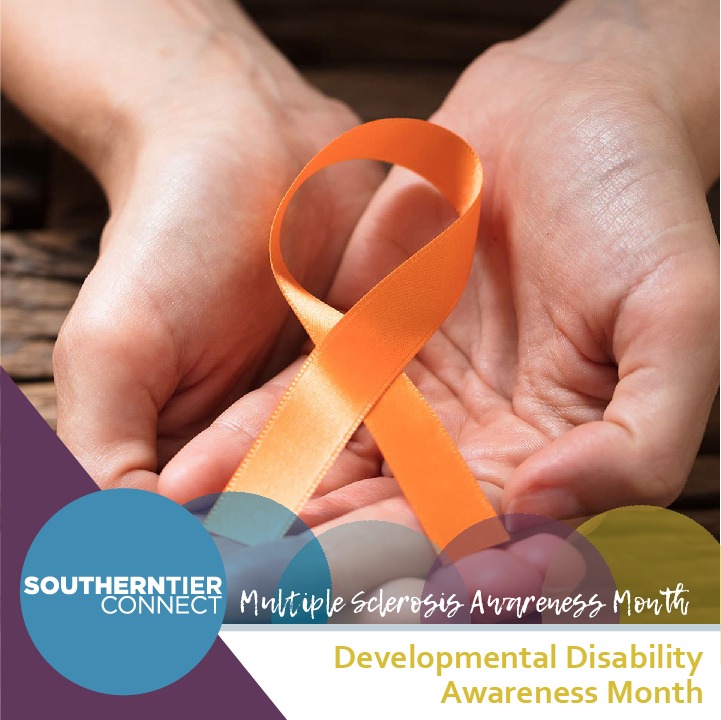
March 4
As well as being Developmental Disability Awareness month it is also Multiple Sclerosis Awareness month. Multiple sclerosis (MS) is a chronic condition that attacks the central nervous system, e.g. the spinal cord, brain, and optic nerves. This causes inflammation, scar tissue, or lesions, and can make it hard for the brain to send signals to the rest of the body. There are four different forms of MS, each ranging from mild to severe; symptoms are diverse and may come and go in phases, or get steadily worse over time. Most people are diagnosed between the ages of 20 – 40, and women are twice as likely to get MS than men. Approx. 2.5 million people suffer worldwide & there’s no known cure, yet.
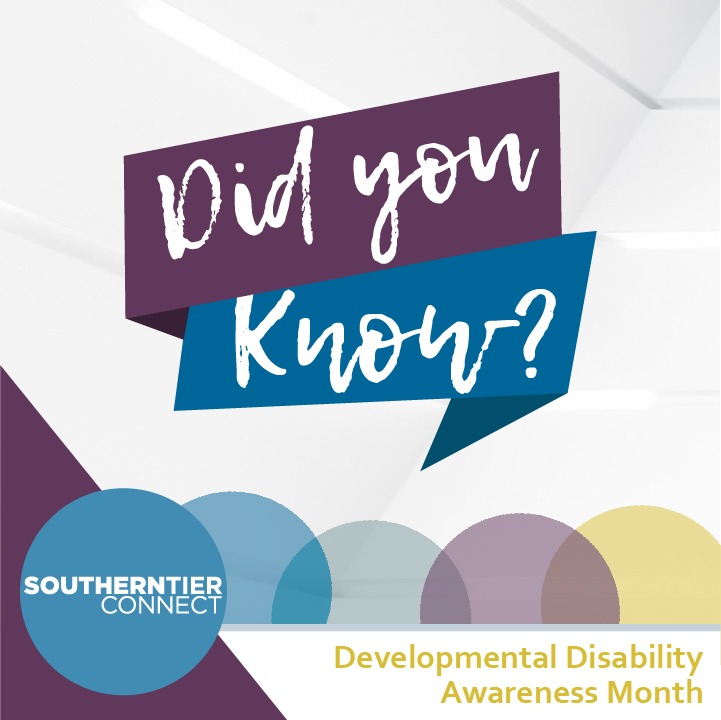
March 7
There are four main types of developmental disorders: nervous system disabilities, sensory-related disabilities, metabolic disabilities, and degenerative disorders. Many different subsets of disabilities nest under these four main groups. The greater the understanding of these disorders, the better the treatment and services that can be provided in the future.

March 8
Today is International Women’s Day! Did you know that Judith Heumann, who contracted Polio at age two, remains one of the most influential disability rights advocates today? Born in New York in 1947, Heumann has been integral to the fight for disability rights since the 1970s when she fought the New York Board of Education for her teaching license and became the first teacher using a wheelchair in this state.
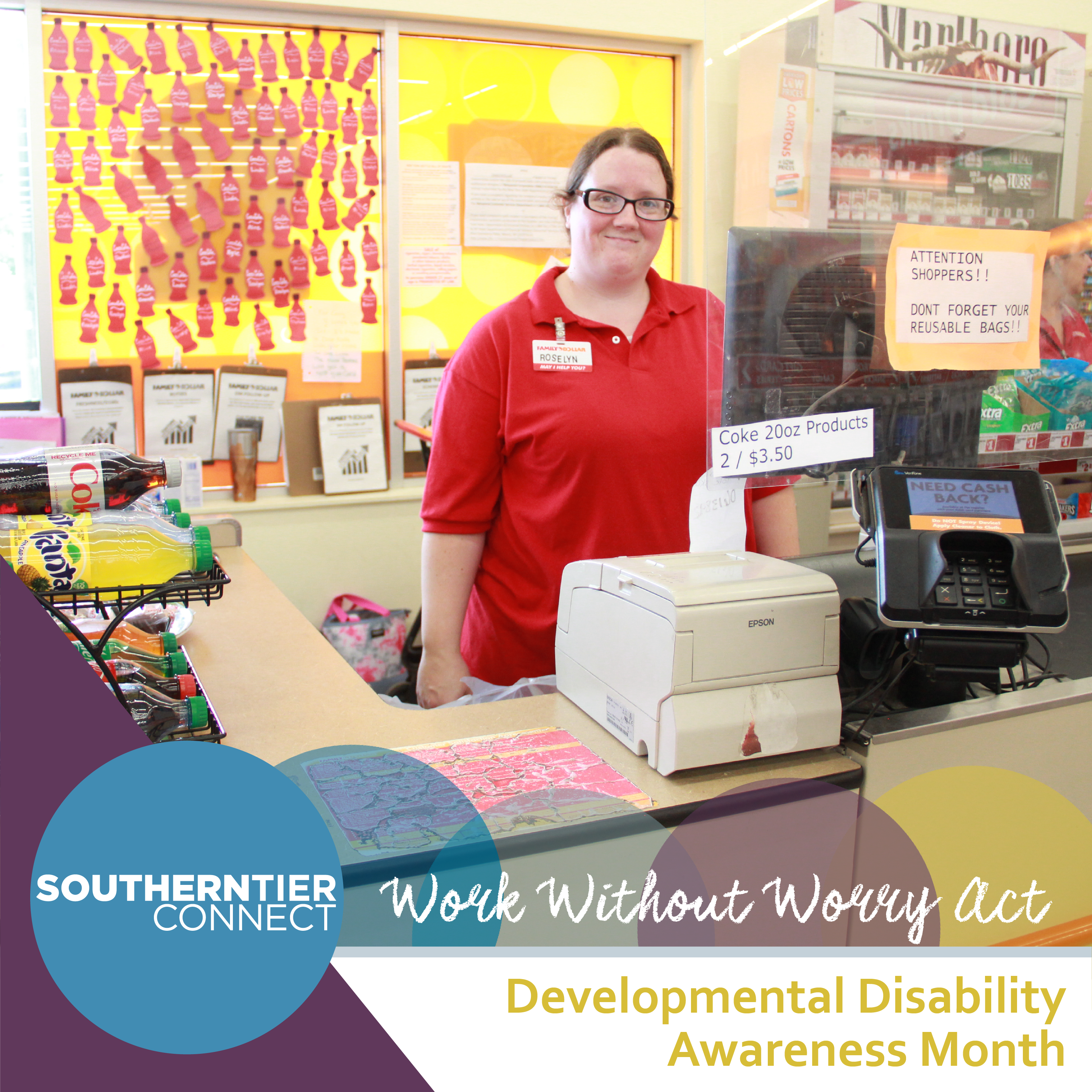
March 9
Today we bring you the opportunity to take action for the wellness of those with disabilities by ensuring their access to work and secure benefits. The Work Without Worry Act would allow Americans with disabilities to take on employment opportunities without losing social security benefits, known as disabled adult child (DAC) benefits.
Currently, individuals with disabilities may lose DAC benefits if they begin working and earn more than the specified income. The Work Without Worry Act would guarantee that individuals with disabilities have the same opportunities to work and take care of their daily needs without losing their eligibility for DAC benefits.
Please take action at the website below and help people keep their benefits.

March 10

March 18

March 20
